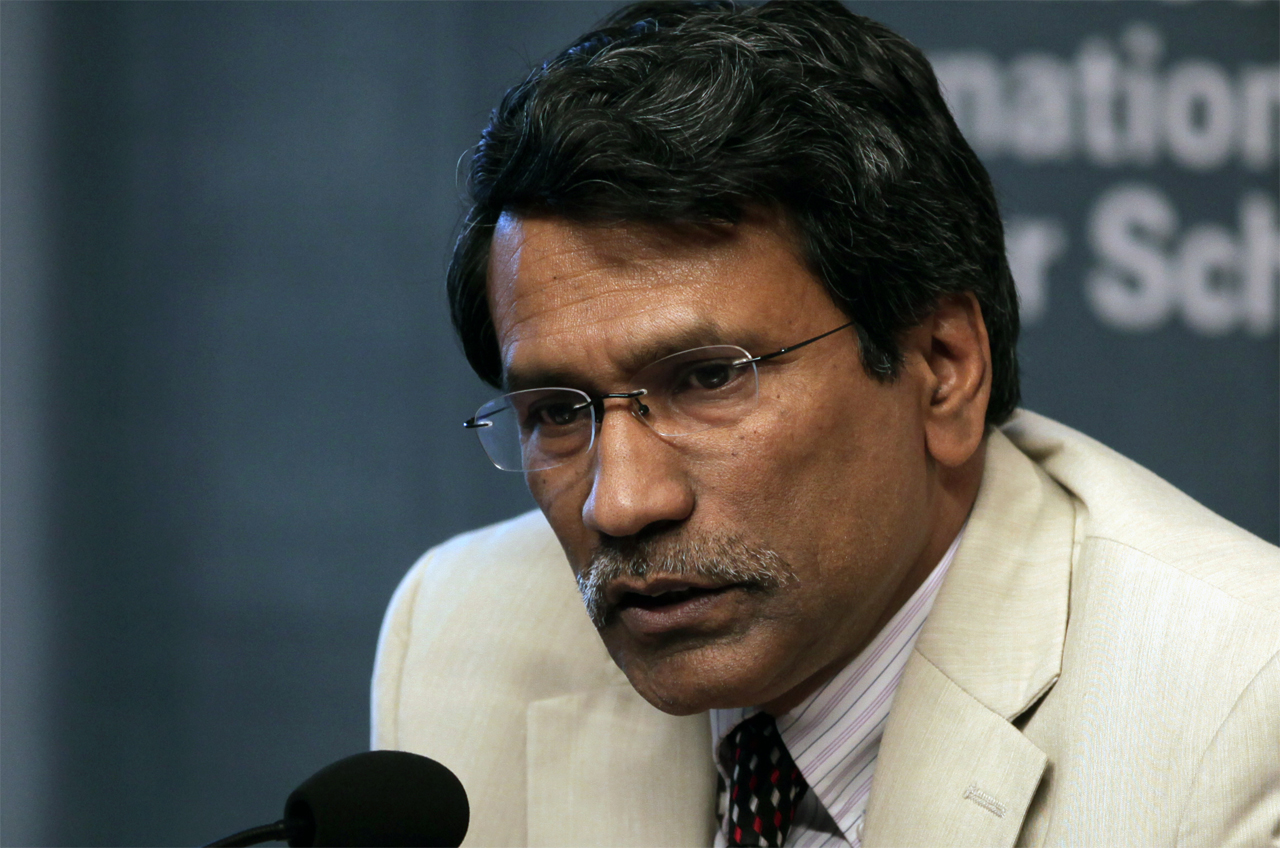Ali Riaz presented a paper on April 5 at the 59th Annual Convention of the International Studies Association held in San Francisco. The paper, titled “Bangladeshi Militants: What do we know?,” was co-authored with Saimum Parvez of the University of Sydney. The paper was part of a panel titled, “The Terrorist Life Cycle: Why People Engage, Disengage and Reengage in Terrorism.”
Riaz’s research draws on media reports of the profiles of 150 alleged militants. He shows that most of the Bangladeshi militants are young, educated males who increasingly come from well-off families. The study also found evidence that four factors appear most frequently in the narratives of Bangladeshi militants: social relationships, use of the Internet, personal crises, and external relations.
Data presented in the study also evidenced that, in most of the cases, transformation from an otherwise normal individual to a complete militant takes only ten months to one year. The qualitative analysis supports the quantitative analysis that poverty does not necessarily cause violent extremism in Bangladesh, at least not in most of the cases analyzed.

